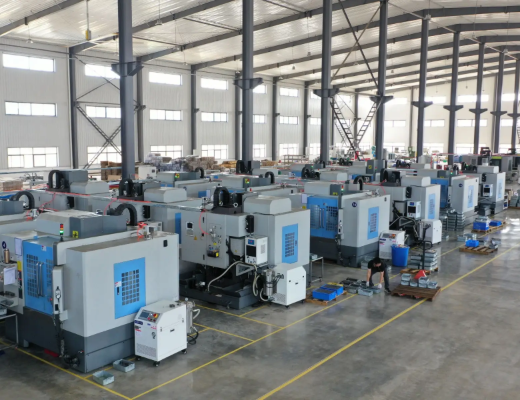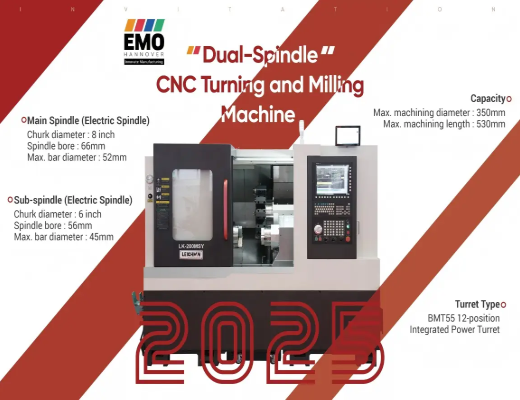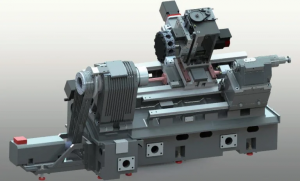At Leichman, we are dedicated to providing advanced machining solutions that meet the diverse needs of our clients. Our CNC turning and milling machines are designed to enhance productivity and efficiency in manufacturing processes. Understanding the differences between modular and monoblock CNC milling and turning centers is crucial for businesses looking to optimize their operations.
Modular CNC Turning and Milling Machines
Modular CNC turning and milling machines are built from interchangeable components. This design allows manufacturers to customize their machines based on specific project requirements. The flexibility offered by modular systems enables businesses to easily upgrade or modify their CNC turning and milling machines without significant downtime.
For instance, if a company needs to switch from a specific type of milling operation to a turning task, they can simply replace the relevant modules. This adaptability is particularly beneficial for companies that handle a variety of products or have fluctuating production demands. Overall, modular CNC turning and milling machines provide a high degree of flexibility, allowing manufacturers to respond swiftly to changing market needs.
Monoblock CNC Turning and Milling Machines
In contrast, monoblock CNC turning and milling machines are designed as a single, integrated unit. This construction enhances stability and precision during operations. However, the flexibility of monoblock systems is generally more limited compared to modular systems. Businesses using monoblock CNC turning and milling machines often invest in machines that are tailored for specific tasks, which can result in longer lead times for changes in production.
While monoblock machines may offer superior rigidity and performance for dedicated tasks, their lack of modularity means that companies may face challenges when trying to adapt to new production requirements. This can be a disadvantage for businesses that need to pivot quickly in a competitive market.
Choosing the Right CNC Turning and Milling Machine
When deciding between modular and monoblock CNC turning and milling machines, it is essential for businesses to evaluate their operational needs, product range, and production volumes. Companies with diverse manufacturing requirements may find modular CNC turning and milling machines to be more advantageous due to their adaptability. On the other hand, businesses focused on high-volume, specific tasks might benefit from the precision and stability of monoblock systems.
Ultimately, the choice between these two types of machines hinges on the desired balance between flexibility and performance. Engaging with reputable mill-turn machine manufacturers can provide valuable insights into which solution is best suited for your operational needs.
Final Thoughts on CNC Milling and Turning Flexibility
In summary, understanding the differences between modular and monoblock CNC turning and milling machines is essential for companies looking to enhance their manufacturing capabilities. At Leichman, we offer the LK-750MY CNC Turning and Milling Lathe, designed to meet the high standards of precision and flexibility that modern industries demand. By choosing the right CNC turning and milling machine, businesses can significantly improve their production efficiency.










